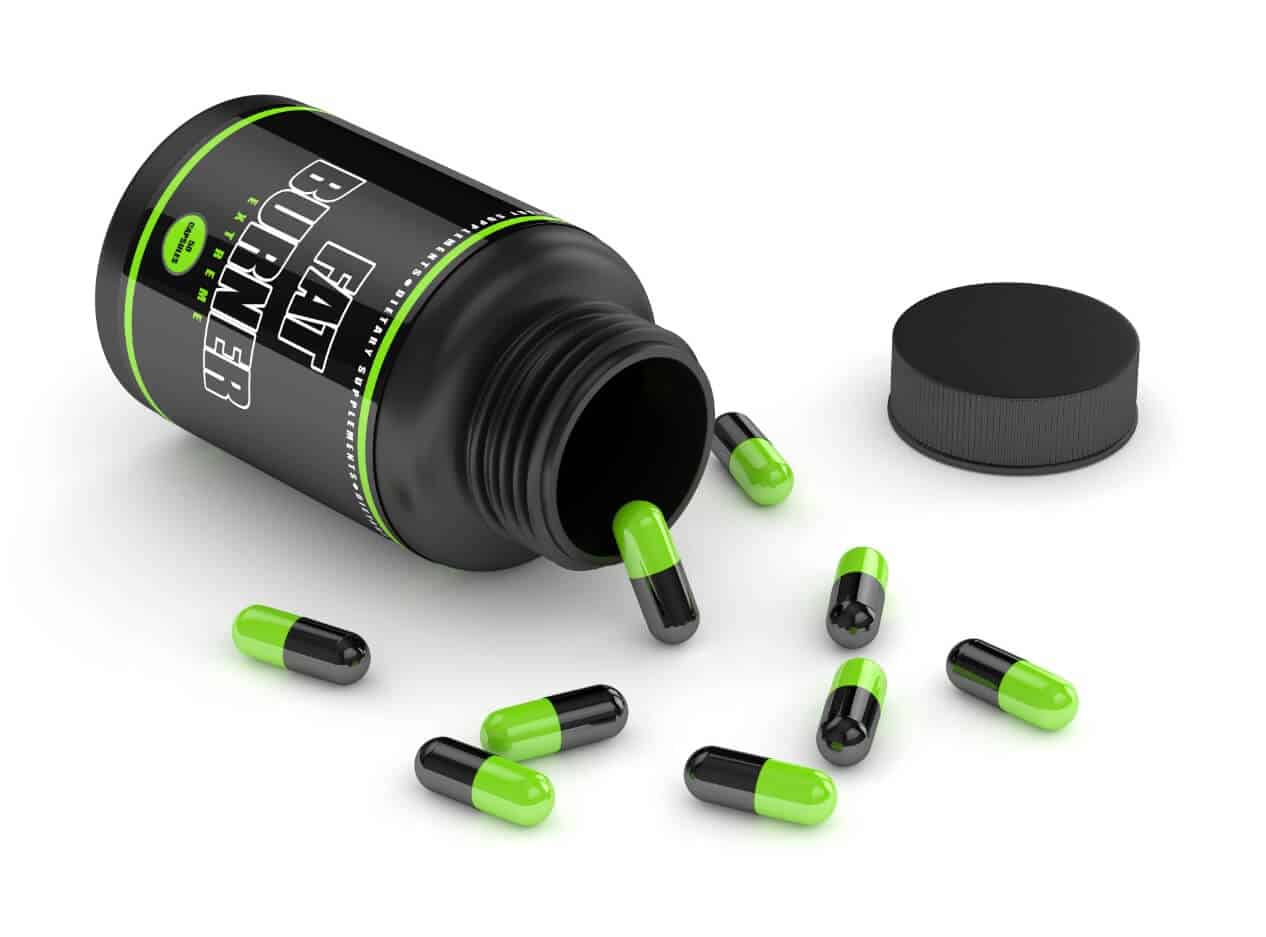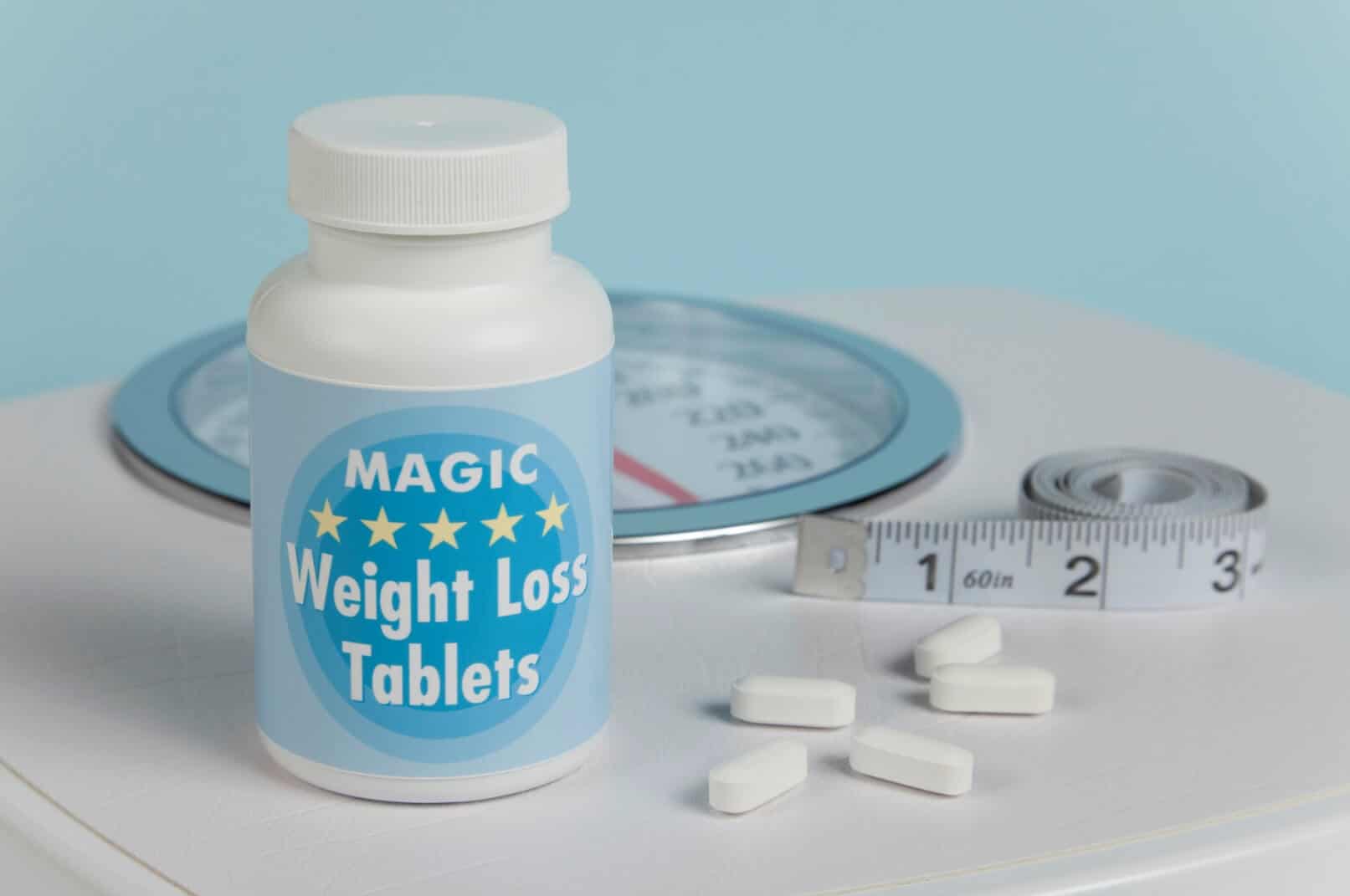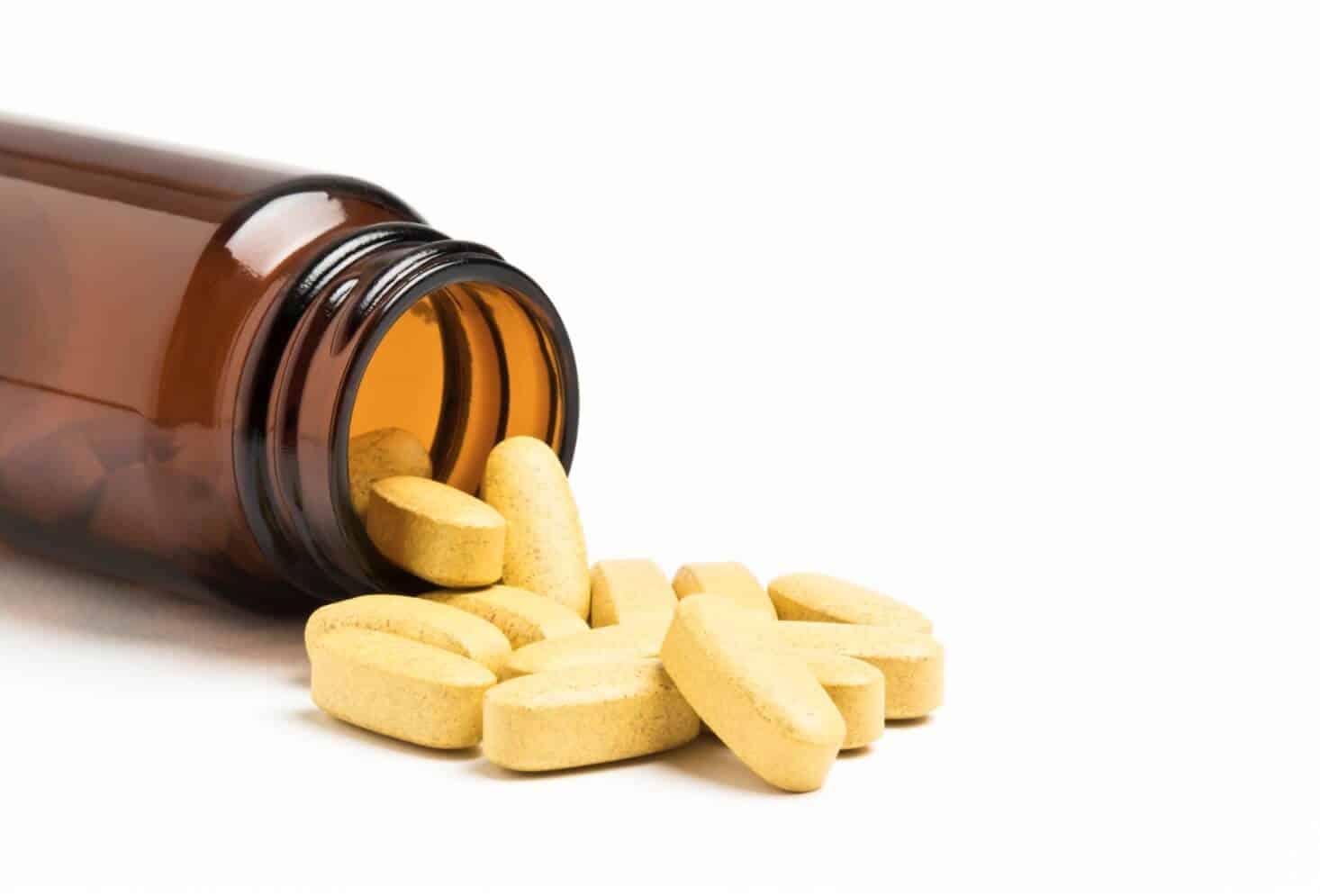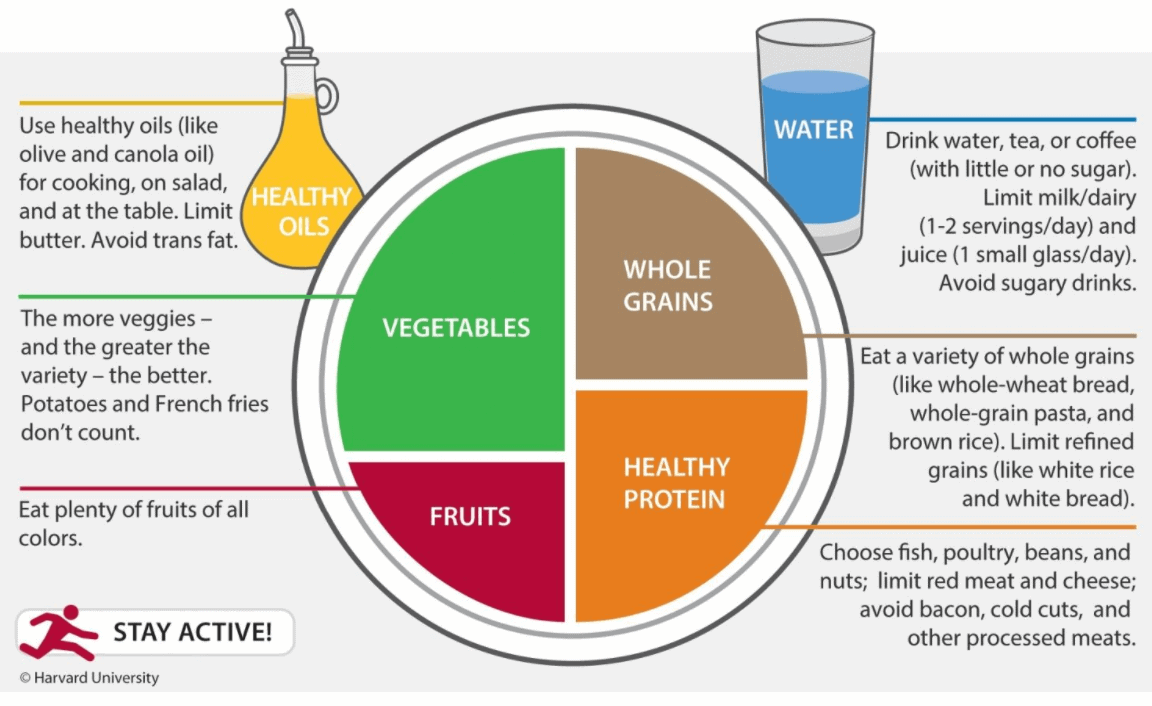Supplements, such as fat blockers have been on the marketed for weight loss for years. Diets and pill supplements are by far the most popular methods.
There are some standing by the fact that dietary supplements are an essential part of a weight loss regimen. Can fat blockers be the answer to the weight loss question?
What are Fat Blockers?
Fat blockers are supplements that block saturated fats from being immersed in the digestive system. The fat is then naturally expelled from the body which means these supplements can be a significant source for promoting weight loss. However, All Star Health advises that people learn how to use fat blockers correctly, and understand their benefits and possible side effects.
Bottom Line: While fat blockers can prove to be an advantageous source for promoting weight loss, the only way they will indeed be helpful is if a person has established and maintains a healthy lifestyle including a balanced, reduced-calorie diet eaten in moderation.
Do Fat Blockers Really Work?
Yes, it has been proven that fat blockers do what they claim to do, but there is an assortment of them to choose from. Before deciding on one, plenty of research would be needed. There’s only one FDA approved fat blocker called “Orlistat” (Alli or Xenical), while just a small amount of the other fat blockers are scientifically supported.
Bottom Line: If considering fat blockers, the few reliable reports available point to caution and these reports advise consultations with medical professionals.
Fat Blockers vs Fat Burners
There’s another supplement available that also contributes to weight loss called a fat burner, but it works differently from a fat blocker. Fat blockers (also called fat binders because they bind the fat) hinder the amount of fat that could be absorbed into the digestive system, with the fat then eliminated through the body’s excretory system.
Fat burners, on the other hand, work by boosting metabolism, utilizing the resulting energy to burn up fat.
There are specific ingredients that must be in fat blockers and fat burners, or these supplements will not work as efficiently to produce the desired results. eHow explains that an ingredient called “Chitosan” must be a fat blocker supplement. Meanwhile, a fat burner supplement must have at least one of the following components:
- Chromium Picolinate
- L-Carnitine
- Choline
However, these two supplements will prove useless if taken incorrectly, so it’s a crucial idea to consult your doctor or nutritionist for helpful advice.
Bottom Line: Fat blockers prevent the storage of fat by binding fat and blocking its absorption into the digestive system; excess fat is then expelled through the excretory system. Fat burners increase metabolism so that calories are burned throughout the day, thereby promoting weight loss. Both sound opportune but remember they have their positive and negative effects.
Why Fat Blockers?
Weight gain, as well as the inability to lose weight, has become a significant problem for countless people throughout the years. An even more pressing matter is “where” the excess weight resides in the body: the stomach, hips, and thigh areas, causing detrimental consequences for our health as well as producing eye-raising, unattractive body shapes.
Seemingly, the culprit in this sad saga is fat, but WebMD explains there are several kinds of fat found in the human body. Some are essential for good health. For instance, one of the fat’s functions is to store excess calories to be accessed later when we become hungry. Another is that it works by releasing hormones to help control metabolism. In fact, certain kinds of fat within the body can burn calories when appropriately stimulated.
Thus, the need for a way to eliminate as much fat in the body as possible is critical, for more reasons than one.
Bottom Line: It’s best to acquire a comprehensive knowledge of the negative and positive facts regarding the nature and purpose of fat (there’s plenty of reading material on the internet). Also, for some people (i.e., with preexisting health problems and conditions), it would be best to consult with physicians and nutritionists just to be safe before embarking on a fat-crushing regimen.
Are Fat Blockers Safe?
Many Fat blockers are advertised as being a simple weight loss solution. For many, this appears to be a long-awaited, miraculous answer to their prayers. For some, there have been reports of astonishing achievements. The problem is that for every positive reaction to fat blockers, an adverse reaction can co-occur. For instance, while the fat blocker is binding and obstructing the fat, it could also be preventing the absorption of nutrients that the body needs.
When it comes to whether or not fat blockers are safe, Fitday.com concisely explains that while these supplements do what they claim to do, it’s still best to consume them in small amounts for short periods of time. Fat blockers work by manipulating the natural body processes, and there are always specific risks involved when these type of actions occur.
Bottom Line: The ultimate effectiveness of fat blockers has yet to be proven. Researchers have discovered they may help begin the weight loss process and work well for short-term periods. But all those who have preexisting conditions (heart, digestive, etc.) should avoid fat blockers, and all others should consider that if not taken correctly, there could be severe side effects over time. Choose wisely and, if possible, discuss with medical professionals before taking fat blockers.
Fat Blockers vs. Natural Weight Loss
We’ve learned that fat blockers inhibit fat by binding to it and preventing it from entering the digestive system. Sometimes this provides a quick weight loss solution that could eventually prove helpful. But fat blockers can have unpleasant side effects that people may not wish to experience … so what about losing weight the natural way?
It is a known fact that it’s not beneficial to lose too much weight too rapidly, as this lost weight could return almost immediately. Losing weight more slowly is a much healthier alternative, especially since it reassures us we won’t regain what we’ve lost.
Thus, for those who prefer to go naturally, there are foods and other products that operate like fat blockers when ingested in our systems. The Best Fat Binders website presents a list of foods that work well naturally as fat blockers. For some of us, this would indeed be the safer way to handle weight loss.
Bottom Line: Ingesting anything that alters the natural processes in the body (be it prescription or over-the-counter (“OTC”) can subject us to adverse reactions. However, when it comes to weight loss, there are risks no matter what we do. Losing weight too quickly can be harmful. But, if we’re abundantly overweight, losing weight too slowly keeps us open to health problems as well. Each individual should consult with health professionals to decide which treatment method will work best for them.
Fat Blockers and Exercise
Fat blockers work best when used in combination with a sound diet and regular exercise.
For instance, regularly exercising will burn calories to help rid the body of existing fat, while taking fat blockers will prevent the extra fat in the food that’s eaten from being absorbed into the digestive system.
The best type of routine would be cardiovascular exercising (exercises that increase heart rate and burn fat), such as running, stair climbing, power walking, biking, etc.
These two ideals are an excellent weight loss combination because cardiovascular exercising does a vital job of burning calories and taking fat blockers reduces fat storage. A suggestion of 45 – 60 minutes per session approximately 3 times a week is a good start.
Bottom Line: Like maintaining a healthy lifestyle that includes a nutritional diet, a person should also include some form of exercising. It doesn’t have to be a rigorous or high-intensity workout (walking, aerobics, dance classes, etc), but it does have to stimulate the body to remove it from a sedentary lifestyle. Including activity along with fat blockers adds an extra impetus to the journey!
Fat Blockers and Diet
When figuring out a diet while taking fat blockers, it is critical to consult with a nutritionist. However, think “nutrition” until a professional opinion is obtained. As explained in Livestrong.com, no matter what the circumstances are, an actively balanced diet is always the best option.
Bottom Line: When consulting a nutritionist, a person should also consider what foods digest well in their bodies. Not all healthy foods and products work well with all body systems. The best diet will be the one that’s developed by your healthcare professional AND you!
Fat Blocker Dosages
For the most part, the consensus for taking fat blocker supplements seems to be that it should be considered when eating a high-fat diet (i.e., Chinese food), and this should amount to either occasional or short-term use. Instructions given on some products may say take 1 or 2 pills before each meal without exceeding a certain amount within a 24-hour period (see Vitabase for an example).
Bottom Line: Unless a person is familiar with fat blockers, it’s highly advisable that they talk with a physician or nutritionist before using. The next best thing would be to follow the directions given with the product.
Fat Blockers Side Effects
The most common side effects when using fat blocker supplements occur in the digestive system, usually diarrhea or constipation, nausea, vomiting, bloating, and gas. These side effects result from the body’s inability to digest fat properly, typically because of the amount of fat and fat blocker supplements consumed that ends up obstructing the digestive cycle. In fact, Dr. David Dahlman (a nationally recognized gastrointestinal expert with a degree in nutrition), gives us a different synopsis of fat blockers and how they work in our systems that are worth considering.
Those who take prescription drugs should consult their physicians to confirm whether consuming a fat blocker is advisable, as doing so could potentially interfere with other medications. Also, since the active ingredient in fat blockers is made from the shells of shrimp, crab, and lobster, people who are allergic to shellfish shouldn’t use this product.
Bottom Line: No matter what is decided, use fat blockers with caution and heed any advice given by medical professionals. Also, people should research on their own to become familiar with the potential positive and negative effects of fat blockers.
Bottom Line on Fat Blockers
While fat blockers could very well be a promising solution to the weight loss problem, using them should be decided upon with caution, primarily by those who have preexisting health conditions.
The thing to remember is that when it comes to weight loss, a lot of products out there have been produced as a result of the desperation from the general population (and the medical field) that fosters an urgent need to find a solution. People then jump at the chance to try something new, and they (and the manufacturers) hope they’ll witness spectacular results quickly and easily.
Remember: research is still being conducted on the effectiveness of fat blockers. As noted by WebMD, while prescription drugs are required to prove to the FDA that they are safe as well as practical, OTC supplements are not.
Therefore, if people wish to take OTC drugs, they’ll have to watch out for the ingredients that may not be listed, such as stimulants, which could hurt their health. Of course, when it comes to what’s ingested into our bodies, precaution must always be exercised.

Summer Banks has researched over 5000 weight-loss programs, pills, shakes and diet plans. Previously, she managed 15 supplement brands, worked with professionals in the weight loss industry and completed coursework in nutrition at Stanford University.





